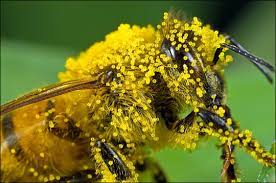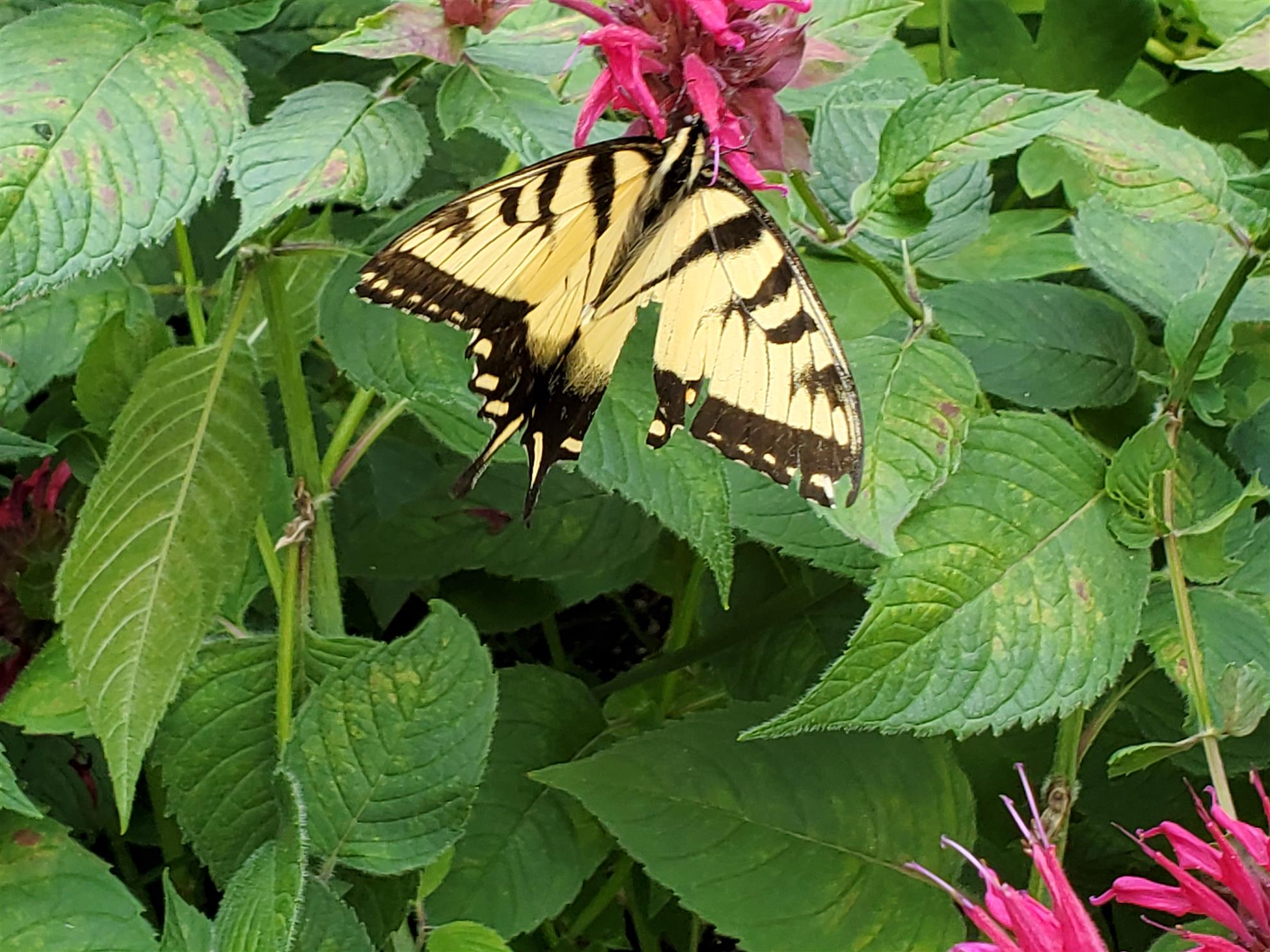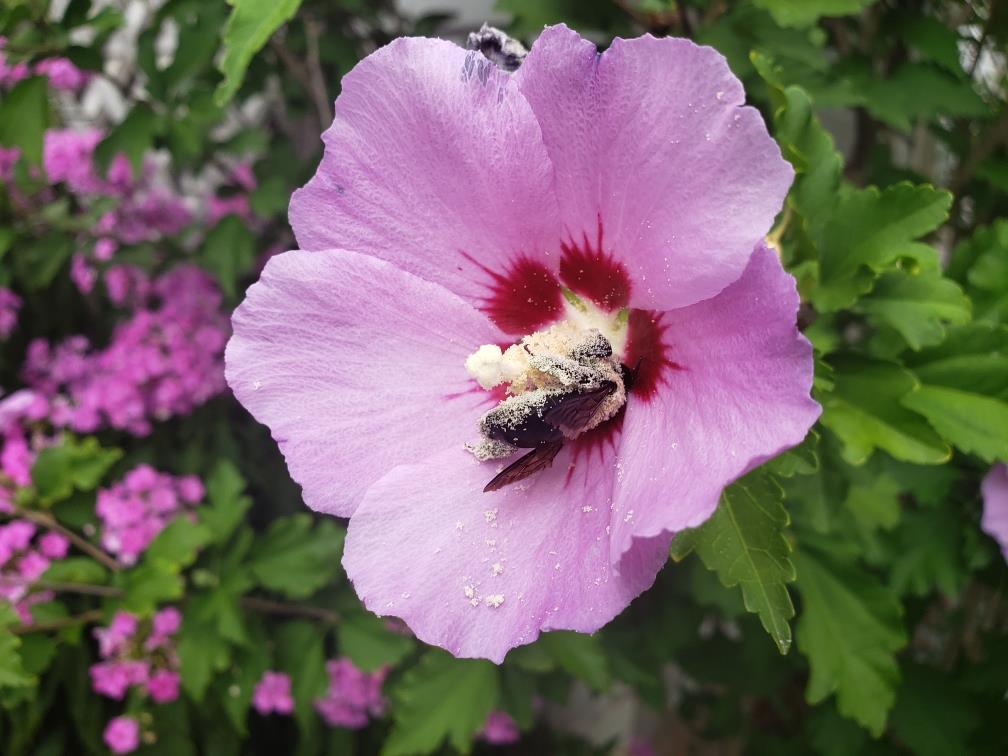
Several weeks ago, our weekly meeting featured speakers from the Monarch Ultra Run and there was a lot of interest in what they had to say about helping to preserve Monarch butterflies by planting pollinator-friendly plants in your own garden. Take it from me, it’s very easy to do and it will bring you great joy to hear the bees and bumblebees buzzing and to see beautiful butterflies alighting on your plants for some nourishment.

Pollinators—including bees, butterflies, hummingbirds, moths, beetles, wasps, and others—are incredibly important to preserving plant species, ecosystems, and even our own food security. Over 80% of flowering plants are dependent on pollinators to develop seed or fruit, and these little creatures are responsible for pollinating over 30% of the food we eat. But their numbers have been declining perilously in recent years, due to climate change, habitat loss, and pesticide use.
Spring is coming, so this is the perfect time of year to get started on your own little pollinator project! Even if you don’t have the greenest thumb, you can grow the following plants. The bonus is that they’re all perennials, so they’ll come back every year with no further work from you, and they are beautiful to have in your garden:
- Bee balm
- Black-eyed Susan (Rudbeckia)
- Butterfly bush (they don’t call it that for nothing, but it’s also known as Buddleia)
- Butterfly weed (again, there’s a reason for the name!)
- Columbine
- Echinacea (also known as Purple Coneflower)
- Evening primrose
- Goldenrod
- Lavender
- Milkweed (essential to the lifecycle of the Monarch butterfly)
- Rose of Sharon
- Solomon’s seal
- Sunflowers
Don’t forget to leave out a shallow dish of water containing a few small stones (pollinators need water too), and a few patches of open soil in your garden so some of these garden helpers can nest. And please do not use pesticides!
Most of the plants listed above are native to Ontario and hardy enough to withstand just about any conditions, and there are many more that are pollinator-friendly.

For more information and resources, check out the following links.
Native Plants for Pollinators, Credit Valley Conservation
Toronto Master Gardeners: Pollinator Garden
City of Guelph: Pollinator Gardens
